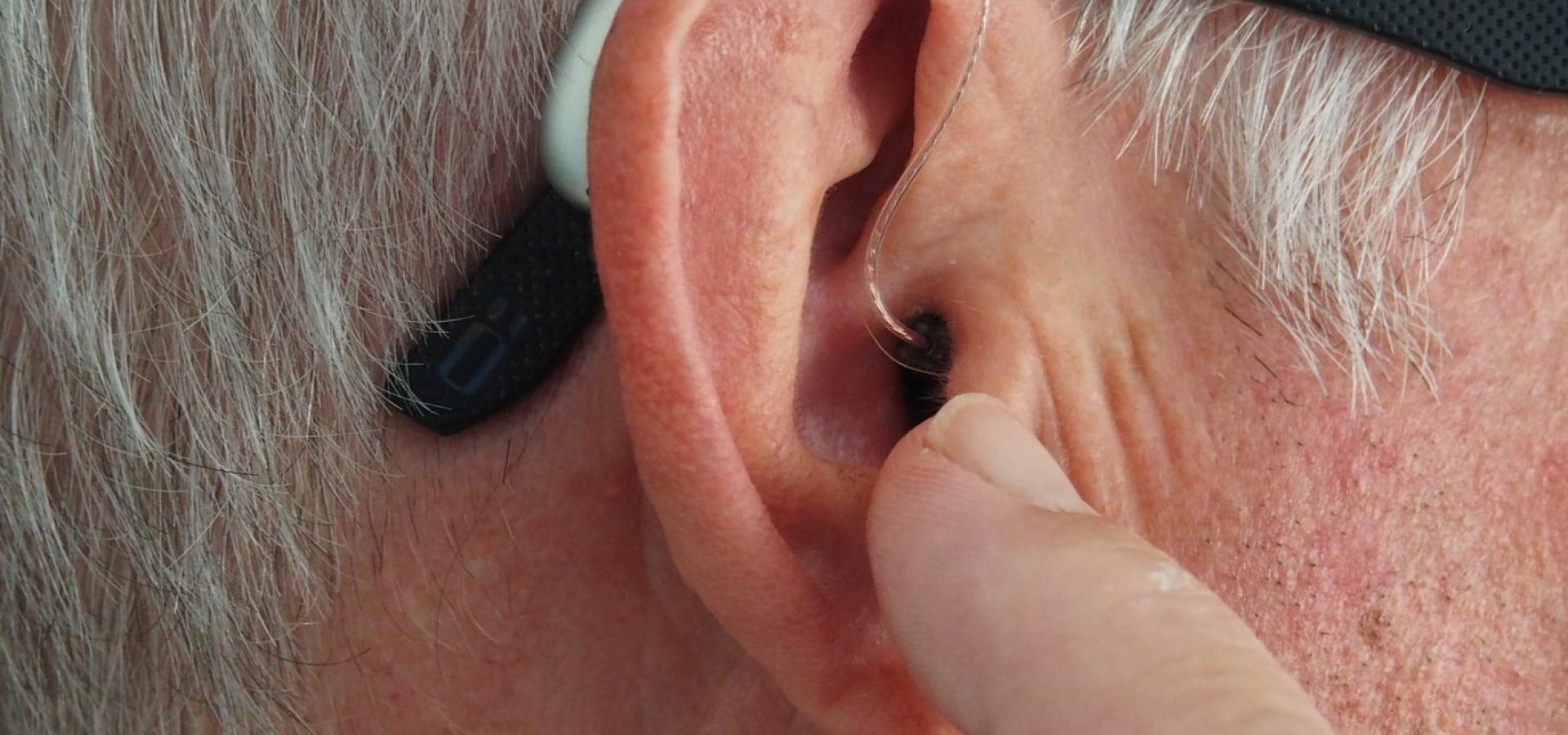Menu

As someone who has experienced hearing loss firsthand, how can you assist a loved one with trouble hearing?
If you’ve ever had your hearing loss treated, you know how much of a difference it can make in your overall quality of life. So, what can you do if someone you care about has a hearing problem?
Continue reading to know tips on helping a loved one with hearing loss and where you can get hearing aids in Langley.
Extend Your Abilities
Whether streaming music from mobile devices, connecting to hearing loops, integrating with smart home technologies, or measuring brain health, today’s hearing devices provide many useful features.
Learn To Communicate Through Sign Language
Consider learning a new language–sign language! American Sign Language (ASL) is one such form of communication widely used in the United States and Canada, and other sign-based languages may be found worldwide.
Learning some key ASL words, phrases, and sentences can help communicate with your loved one. It’s no secret that language helps people connect across experiences, abilities, and cultures. For instance, think of travelers who try to communicate in the same way that locals do—so, consider learning some key ASL words, phrases, and sentences that you can use.
Listen Intently
With the help of family and friends, seeking a hearing aid may be a lot easier. If you or a loved one is considering improving their hearing, it can make a great impact if you:
- Provide emotional support, patience, and motivation.
- Be a sounding board for their hearing-health objectives.
- Assist them in making a list of their most difficult listening circumstances.
Recognize the Telltale Signs
Hearing loss is becoming more common, with the World Health Organization forecasting that 10% of the population would be affected by 2050.
However, not everyone with hearing loss is willing to confess it. Knowing some of the indications of hearing loss such as increasing social isolation, loud TV sounds, difficulty conversing on the phone, and frequent requests to repeat phrases might be the start of a life-changing discussion.
Remind Them to Take Care of Themselves
In the flurry of the holiday season, it’s easy to lose sight of maintaining one’s hearing health. However, when friends and family come from far and wide, it’s the ideal time to have their hearing—and hearing technology examined.
Not only do persons with hearing loss report considerable gains in their relationships, mental health, social involvement, and other important areas, but so do their loved ones. So, remind them to look after themselves.
Share Your Story
According to research, hearing aid users, on average, waited almost a decade after being diagnosed with a hearing loss before receiving their hearing device.
That’s a lot of time lost from hearing life’s noises, not to mention the physical, emotional, social, and even financial ramifications of untreated hearing loss. Sharing your better-hearing journey with a loved one may encourage them to begin their own.
Suggest Seeing An Audiologist
Make a difference in the life of a friend or loved one who has untreated hearing loss. Recommend a routine hearing exam at your local hearing clinic in Langley.
Standard hearing tests are usually provided at little or no expense.
Audiologists believe that having a second person present during the hearing test is helpful. If you are there as a support, you become a useful reference point for calming anxiety and acting as an anchor.
Conclusion
You may assist your loved ones in making proactive efforts to enhance their hearing, which will improve their overall quality of life. One of the first steps is to suggest that people wear hearing aids as modern technology has gone a long way in helping people regain their hearing, and it continues to improve. Your local audiologist in Langley will be able to address and clarify any concerns or reservations your loved one may have.
Beltone Hearing Centre, a hearing clinic in Langley and Abbotsford, takes a different approach to hearing treatment than anybody else. It’s built on getting to know you as a person–and learning what you like to do in your spare time and what you value in a healthcare partner.
Share Post
Facebook
Twitter
LinkedIn
Email
Reddit
Pinterest
